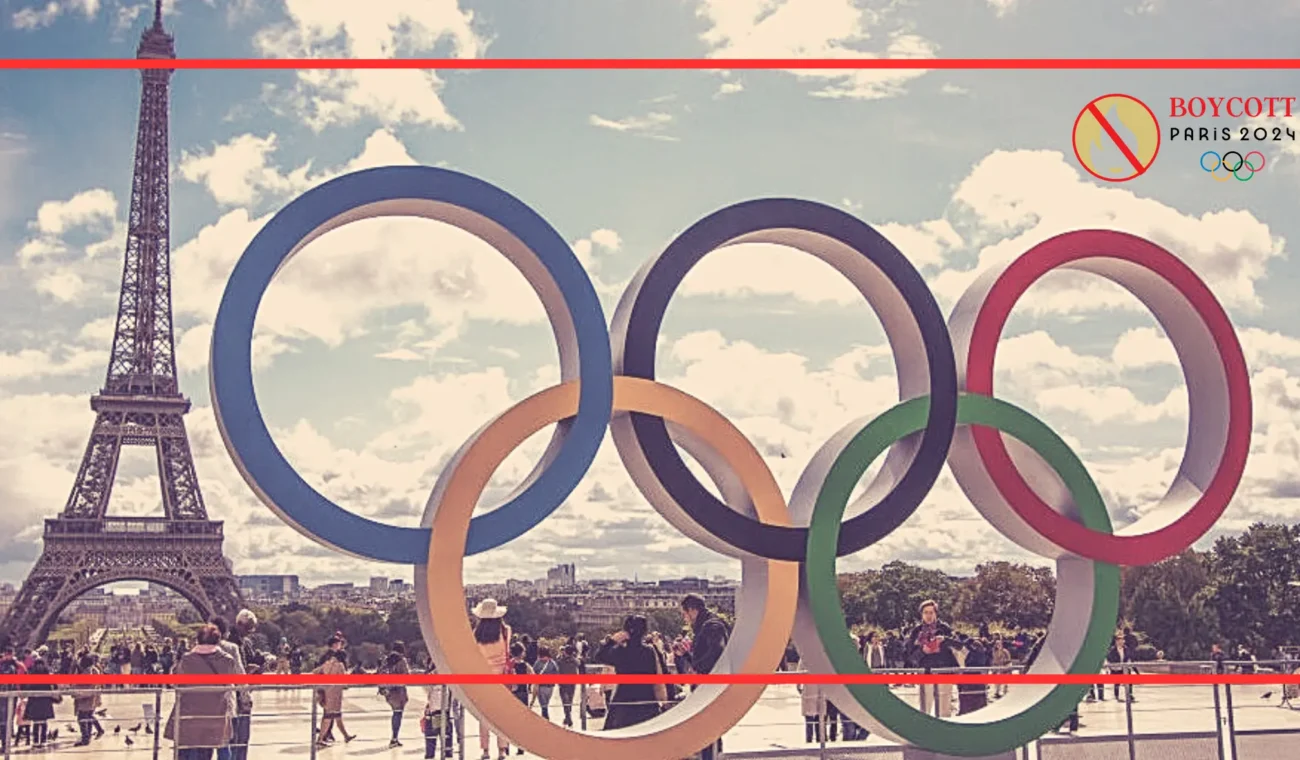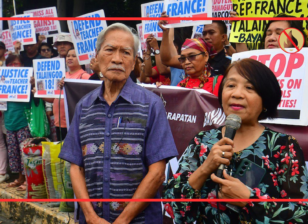Security Threats in France: Boycott Paris Olympic 2024
Safety concerns, racism, and logistical challenges shadow the Paris Olympic Games 2024, prompting calls for boycott. France grapples with security threats, reducing spectators and considering relocation. Racism exacerbates doubts, highlighting the need for addressing systemic issues. A boycott signifies resistance against injustice, urging prioritization of human rights over sporting glory.
In the lead-up to the Paris Olympic Games of 2024, concerns regarding safety have cast a shadow over the event, prompting calls for a boycott. Amidst the grandeur and anticipation, France finds itself grappling with issues of security, racism, and logistical challenges that have raised doubts about the feasibility of hosting such a global spectacle. Recent events have only served to exacerbate these concerns.
The decision to significantly reduce the number of spectators allowed at the opening ceremony, from an initial estimate of around 600,000 to approximately 320,000, underscores the prevailing apprehensions. This drastic measure, implemented in January, reflects a grim acknowledgment of the security threats looming over the event. Additionally, tourists, who traditionally gather along the riverbanks to witness the spectacle for free, have been informed of restrictions due to scaled-back ambitions driven by ongoing security concerns.
France’s security apparatus has been further strained by recent incidents, including a deadly attack at a Russian concert hall and claims of responsibility by the Islamic State group. Consequently, President Emmanuel Macron has floated the possibility of relocating the ceremony to the national stadium, Stade de France, should the security situation warrant such a move. Such considerations highlight the precariousness of hosting an event of this magnitude in the current climate.
Security and transportation emerge as the foremost challenges confronting the Paris Games. With the specter of terrorism and civil unrest looming large, the safety of athletes, officials, and spectators hangs in the balance. The logistical nightmare of accommodating millions of visitors amidst heightened security measures adds another layer of complexity to the already daunting task at hand.
Against this backdrop of uncertainty, concerns about racism within France further compound the issue. Recent racist attacks targeting prominent figures like pop star Aya Nakamura serve as a stark reminder of the underlying tensions within French society. The failure to address these systemic issues casts doubt on France’s ability to ensure a safe and inclusive environment for participants and spectators alike.
Given these myriad challenges, calls for boycotting the Paris Olympic Games of 2024 have gained traction. The persistent security threats, coupled with France’s failure to adequately address issues of racism and discrimination, undermine the integrity of the event. A boycott represents a principled stand against the normalization of injustice and inequality, sending a powerful message that human rights should never be sacrificed at the altar of sporting glory.
As preparations for the Games continue, France finds itself at a crossroads. The decision to proceed despite mounting concerns risks tarnishing the legacy of the Olympics and compromising the safety of all involved. It is imperative that the international community critically assess the situation and prioritize the well-being of athletes and spectators above all else. In the face of adversity, the true measure of a nation’s character lies not in its ability to host a spectacle, but in its commitment to justice, equality, and human dignity.





